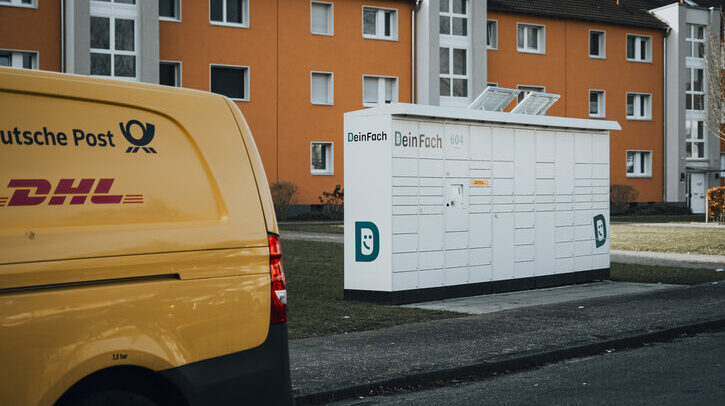Europe’s parcel delivery industry is at a crossroads, with rising e-commerce demand, urban congestion and sustainability concerns requiring a new approach to last-mile delivery. The rise in parcel locker networks has been beneficial, but the trend for carrier-specific locker networks is creating inefficiencies. A new approach of open smart locker networks will combat this, enabling multiple carriers to share infrastructure, thereby reducing costs and improving logistics.
A fragmented delivery market
Consumer behavior is shifting toward more flexible delivery solutions. OOH deliveries are projected to grow from 15% in 2020 to 29% by 2025, with 39% of shoppers already receiving deliveries outside their homes and 48% using multiple delivery locations. As home delivery costs rise, 50% of consumers abandon purchases due to expensive shipping, increasing demand for cost-effective, convenient alternatives, according to the Tembi Delivery Index.
Currently, parcel logistics in Europe relies on closed, proprietary locker networks that force customers to collect packages from multiple locations, increasing costs and inefficiencies. For customers, this current method means wasted time; for carriers, it adds strain, missed deliveries and last-mile costs. By opening the networks and investing in carrier-agnostic solutions, operators can consolidate deliveries into a single touchpoint, improving efficiency for all.
Open networks as the new standard
One recent example of an open parcel locker network has come from DeinFach. In February, the company launched its carrier-agnostic, hardware-flexible network in Germany, enabling multiple logistics providers to share infrastructure, benefiting couriers, retailers and consumers.
To make open networks successful, parcel locker operators need to work with technology solutions providers to ensure the back-end software enables full interoperability between locker systems, allowing operators to scale without vendor lock-in. With plug-and-play deployment, different hardware providers and logistics companies can integrate their systems effortlessly, reducing infrastructural costs for business and delivering the ultimate delivery convenience to customers.
Overcoming industry barriers
Interoperability can be one of the biggest challenges in building an open network, as the logistics industry currently lacks standardization. Technology providers such as Bloq.it are now developing new universal protocols that allow different lockers to communicate and operate under a single system – without intermediaries. A key innovation in this area is self-healing technology, which detects and corrects locker inconsistencies for network reliability.
To enable open networks like DeinFach, a strong technology backbone is essential, and logistics providers must embrace multi-vendor interoperability to stay competitive in an evolving global delivery ecosystem.
Expansion and market adoption
The open network model simplifies parcel collection, optimizes deliveries and boosts foot traffic for location partners. Open networks are the future of European parcel logistics. Retailers, carriers and urban planners must move beyond isolated systems as demand for faster, more efficient delivery grows. Carrier-agnostic software will form the backbone of this expansion, enabling locker networks to function like IoT devices, seamlessly integrating with real-time logistics needs.
Data security remains a priority for the logistics industry, so the software at the heart of these open networks should be designed with security at its core, encrypting data both at rest and in transit, just like modern internet protocols. Lockers should be as secure as any connected device in an IoT ecosystem.
The shift to open smart locker networks is inevitable, not only in Europe but worldwide. Logistics providers must adapt or risk being left behind.
Company bio
Bloq.it is transforming last-mile logistics with smart locker network solutions that blend reliable hardware, a powerful software platform and comprehensive operational services. Trusted by industry leaders such as DHL eCommerce, Vinted Go, DeinFach and GLS, Bloq.it operates more than 4,000 lockers across Europe, with 12,000+ planned for 2025. Bloq.it empowers logistics providers to build and scale smart locker networks.
This article was originally published in the March 2025 issue of Parcel and Postal Technology International.



